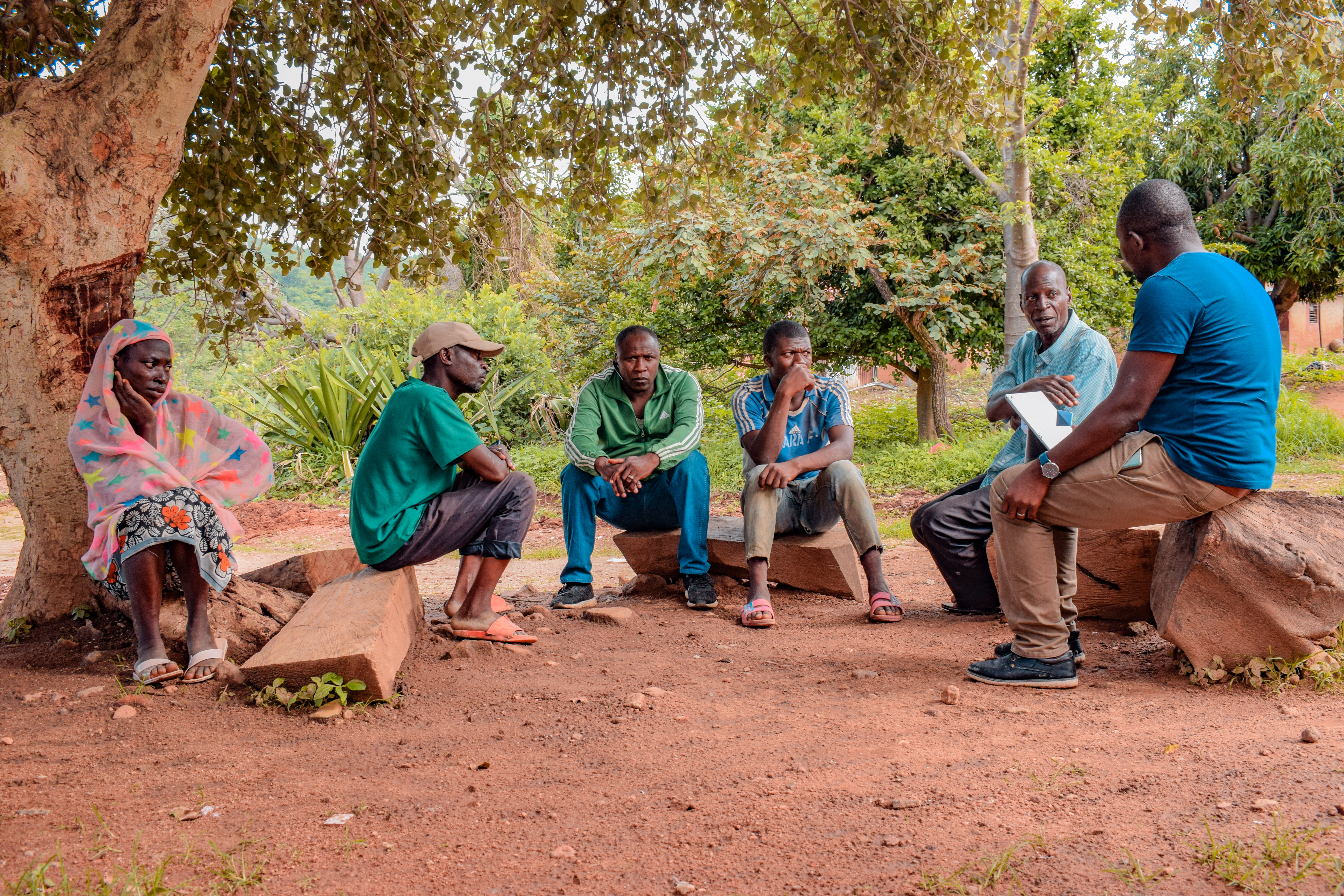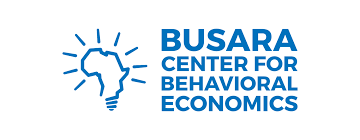Evaluating Digital Fraud Prevention Methods for Small Businesses in Nigeria

Researchers partnered with IPA Nigeria and Amana Market, an online platform for agricultural trading in Nigeria, to evaluate whether fraud training and a verification system could help small business owners avoid digital scams. The training increased trust in digital payments by 7-10 percent and knowledge about fraud but neither method helped people recognize scams better.
Digital scams are a growing challenge for micro and small enterprises (MSEs) in low- and middle-income countries, particularly as digital financial services become more common. In Nigeria, 42 percent of digital financial services (DFS) users experienced phishing scams during the months following the COVID-19 pandemic.1 These scams cost businesses money and create stress. They also discourage businesses from using DFS, despite clear evidence that these tools support growth and resilience.2 In Nigeria, low trust in digital financial services may be one contributing factor to the slower uptake of digital payment compared to countries like Kenya.3
Researchers partnered with IPA Nigeria and Amana Market—a digital marketplace for agricultural trading in Nigeria—to conduct a randomized evaluation of two fraud prevention strategies: fraud training and a verification system. The study included 780 small business owners from the Amana Market network. For the fraud training, participants were randomly assigned to one of the following groups:
- Basic warnings: Received general on-screen alerts about digital fraud risks.
- Key warning signs: Received the basic warnings and seven key warning signs, shown twice.
- Detailed warning signs: Received the basic and key warnings, primarily through audio-based illustrated examples.
- Comparison group: Received no training.
All participants then reviewed 20 fictional messages in random order to test their ability to distinguish between real and fake messages and assess their confidence in their answers.
For the verification system, researchers evaluated a "unique communications code" (UCC) to verify messages. Participants were randomly assigned to the following groups:
- Assignment of UCC type: Either received an assigned five-digit code or created their own.
- SMS embedding: Either received an SMS containing their UCC or one without it. The SMS asked them to confirm their month and year of birth.
The fraud training did not improve participants' ability to detect scams. While trained participants felt more confident—by three to five percent—this confidence did not translate into better fraud detection. The fraud training may have made participants more skeptical of messages they saw: those who received the most detailed training were 3.2 percentage points more accurate at identifying fraudulent messages but eight percent less accurate in identifying real messages. The verification codes did not help people use DFS more safely, whether they chose their own code or were assigned one.
Despite these limitations, the interventions had some positive effects. Trained participants were ten percent more likely to use formal banking services and seven percent more likely to use mobile banking compared to those who did not receive training. They also retained some knowledge from the training, scoring 15 to 17 percent better on fraud awareness assessments four weeks after the intervention.
These findings have significant implications for efforts to expand DFS adoption in emerging markets. While short fraud training programs may boost user confidence, they do not effectively prevent fraud and may even lead to overconfidence. To better protect small businesses, programs should combine stronger security measures with practical training that helps business owners identify and respond to risks in digital markets.
Sources
1 Blackmon, William, Rafe Mazer, and Shana Warren, “Kenya Consumer Protection
in Digital Finance Survey,” Technical Report 2021.; “Nigeria Consumer Protection in Digital Finance Survey,” Technical Report 2021.
2 William Jack and Tavneet Suri, "Risk Sharing and Transactions Costs: Evidence from Kenya's Mobile Money Revolution," American Economic Review 104, no. 1 (2014): 183-223; Emma Riley, "Mobile Money and Risk Sharing against Village Shocks," Journal of Development Economics 135 (2018): 43-58.
3 The average adult in Nigeria makes just 0.4 mobile payments per year—over a hundred times fewer than in Ghana, Kenya, or Uganda. World Bank Group, "Nigeria Digital Economy Diagnostic Report," 2019.
Implementing Partner

Research Partners














